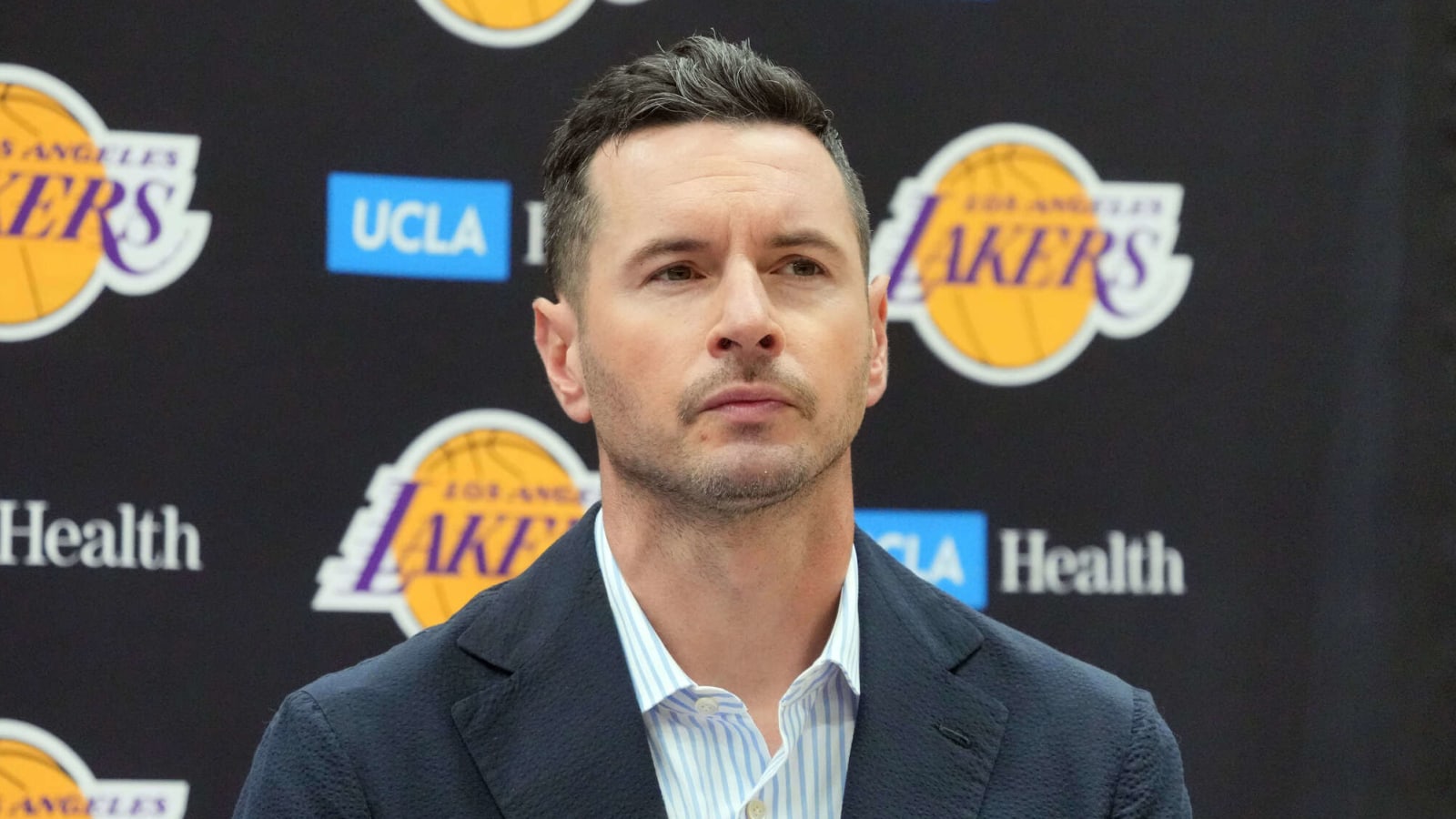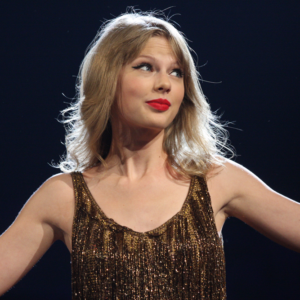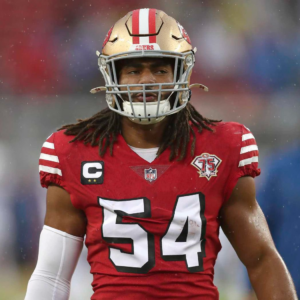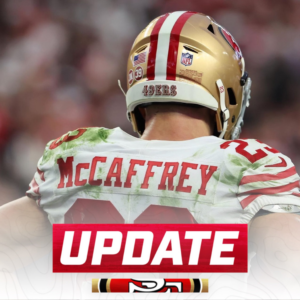
After the Los Angeles Lakers hired JJ Redick as head coach in June, GM Rob Pelinka forecast an aggressive summer for the team.
“[We] will be relentless to continue to look at what we can do,” Pelinka said, per the Los Angeles Times.
Wrong. Pelinka drafted Dalton Knecht and Bronny James and then basically chilled the rest of the summer.
Even as LeBron James led Team USA to a gold medal at the Olympics, Pelinka sat on his hands. Anthony Davis and James deserve better from the front office, but it appears the Lakers are going to run it back with essentially the same team as last season.
That doesn’t necessarily mean the Lakers, who finished as the 15th-rated offense and 17th-rated defense under head coach Darvin Ham last season, will be the same team. If you’ve followed Redick’s career as a player, commentator and podcaster, he has left more than a few breadcrumbs about his basketball philosophy.
Redick has indicated that he intends to use AD as an offensive hub and get Austin Reaves more involved, but the biggest change will likely be a full embrace of analytics. Redick has not been shy about this, repeatedly saying, “I’m going to use math.” (h/t ESPN’s Dave McMenamin).
But what does that mean? The most obvious change should be at the three-point line.
Under Ham, the Lakers had issues at the three-point line on defense, especially last season, giving up the third-most three-pointers per game (14.3) at the sixth-highest efficiency (37.6 percent). No other playoff team finished in the bottom 10 of both categories. A team with a lead defender as versatile as AD should never be that bad at something so vital to winning in today’s NBA.
The Lakers were also prehistoric when it came to using the three-pointer under the previous regime the past two seasons. They ranked 26th (31.2) and 28th (31.4) in three-point attempts per game and 24th (10.8) and 24th (11.8) in three-point makes per game. The wild part is they shot three-pointers at a decent clip, finishing with the eighth-best mark as a team last season (37.6 percent).
In today’s game, more three-point attempts generally lead to more victories. The teams that attempted the most three-pointers per game last season — the Celtics (42.5) and Mavericks (39.5) — squared off in the NBA Finals.
Look for James, who shot a career-best 41 percent from three last season, to shoot a lot more than the 5.1 three-pointers per game he did in 2023-2024. Expect D’Angelo Russell (7.2 attempts per game) to maintain that level of volume and look for an increase in volume from Reaves (5.1), Rui Hachimura (3.4) and Max Christie (1.8), too.
Now, saying you’ll embrace the math and shoot more threes is one thing, but how will Redick get his guys good looks? Thankfully for the Lakers, Redick was elite at this as a player, even late into his career.
One play that he perfected in Philadelphia was the dribble-handoff with Joel Embiid. It led to the two highest-scoring seasons of Redick’s career in his 13th and 14th seasons. AD and LeBron are good screeners, rollers and playmakers, so this action would seem to be a perfect way to get the likes of D-Lo, Reaves and Knecht open shots or easy layups for the roll man.
And, if Knecht proves to be a higher-volume, lights-out shooter like he was in college, look for Redick and James to figure clever ways to get him open looks the same way LeBron would get the likes of Kyle Korver, JR Smith and Ray Allen open threes earlier in his career. (Learn more about this “hammer” action from McMenamin.)
The Lakers could run a LeBron-AD pick-and-roll toward the baseline on one side of the court while Knecht simultaneously gets a back screen to free him for a corner three on the other side of the court. How is an opponent supposed to defend that?
You should also see actions where James has the ball at the top of the key and the team’s two best shooters set pindown screens for one another until it yields an open corner three or slip to the basket. This play was perfected by James, Kevin Love and Korver during Cleveland’s run to the 2018 NBA Finals.
Lastly, and this is more conjecture than anything else, it wouldn’t be surprising if Redick has a long list of great baseline and sideline out-of-bounds plays. He has spent the past few years studying and picking the brains of other coaches around the league.
In sum, Redick will aspire to be a mathematician and tactician as a head coach. Those will be welcome changes for this Los Angeles franchise, giving it a different aesthetic.
But it remains to be seen whether it will yield better results than the past four seasons in which the team went 165-153 during the regular season.





